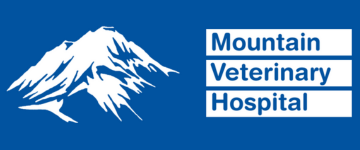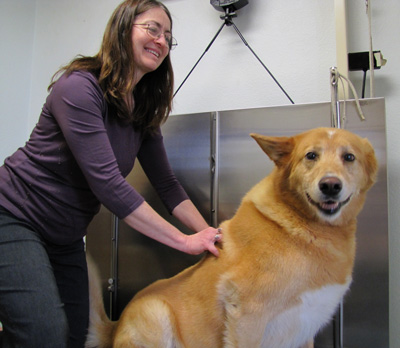Chinese Massage/Manipulation
From a Chinese Medicine perspective, Tui-Na, through specific types of pressure to the meridians or acupressure points, facilitates the movement of Qi and Blood. In Chinese Medicine, Qi (pronounced chee), is the vital energy of the body, and pain is commonly looked upon to be from stagnation (lack of movement) of either Qi or Blood. Thus, the goal of Tui-Na is to move Qi and/or Blood to relieve pain, and additionally to restore emotional and physical balance to the patient.
From Western Medicine perspective, Tui-Na and other forms of massage help manage chronic pain through muscle relaxation and by stimulating the release of chemicals called endorphins, which help relieve pain and produce mental and muscular relaxation. Massage is also a potent local stimulus that increases circulation and produces heat, both of which enhance pain reduction and accelerate the healing process.




